What’s the Valencia region’s new tourism tax?
On Thursday November 24th, Valencia’s regional parliament approved a tourism tax that’s been in the pipeline for years.
It will come into force in the popular coastal region at the end of 2023 or early 2024.
The tourism tax will be applied to all types of tourism accommodation in the Valencia region, from hotels to campsites, hostels, country houses, tourist apartments and docked boats and yachts. Holidaymakers arriving on cruise ships will also pay.
Tourists will pay between 50 cents and €2 per night and per person depending on the type of accommodation they choose, for a maximum of seven nights.
That means that a couple spending a week at a five or four-star hotel in Valencia will pay €28 more on average as a result of the tourism tax.
People with a disability level of 66 percent or above, under-16s, guests on Spain’s pensioner Imserso scheme and people under 30 staying at hostels are among those who will not be charged extra to incorporate the tax.
Even though it’s called a tourism tax, residents of the Valencia region will also have to pay it if they stay at short-term accommodation in their territory.
The levy will be compulsory but individual municipalities in the region of 5 million inhabitants will be able to decide whether to apply it to their tourism accommodation or not.
Left-wing coalition party Compromís described the tourism tax as a “small contribution” for holidaymakers to pay.
Why has the tourism tax been introduced and why is it controversial?
The legislation states that all the proceeds be reinvested into the sustainable development of the tourism sector of La Comunitat Valenciana, which is home to Alicante, Benidorm and other popular tourist spots on the Costa Blanca.
Such funds would partly go to addressing the issue of a lack of affordable and available housing for locals in popular tourism spots.
“I prefer that tourists pay more rather than see Valencians paying more in taxes,” Valencia city’s left-wing mayor Joan Ribó said last July about the fact that the large volume of holidaymakers in the city puts extra pressure on municipal resources, from cleaning to security.
“I’ve been to cities with a tourism tax and I haven’t considered not going because of it”.
But the measure doesn’t have the support of all of Valencia’s main political parties, with 51 votes in favour and 46 against in Thursday’s vote.
Hoteliers and hospitality associations are also against the tax, seeing it as a stumbling block on their way to recovery after the losses incurred since the pandemic.
Even regional tourism secretary Francesc Colomer said that a report by Alicante University had found that in the medium term the tourism tax would not be appropriate to introduce.
That same report covered the potential difficulty of implementing this tax and the problems it could cause, as many tour operators may look for new destinations where this tax is not required.
Where else are there tourism taxes?
Two other regions in Spain already have a tourism tax in place: Catalonia since 2012 and the Balearic Islands since 2016.
Tourists in Catalonia pay between €0.60 and €3.50 extra a night (an extra €1.75 is added in Barcelona), whereas in Mallorca, Menorca, Ibiza and Formentera it’s usually €3 per night and per person.
Tourism taxes are also applied in other European countries such as the Czech Republic, Switzerland, Slovenia and Slovakia, where a fixed price is applied regardless of the type of accommodation.
However, in cities with large volumes of tourists such as Amsterdam, Berlin or Vienna the tourist pays a percentage (7, 5 and 3 percent respectively) on the amount they pay per night for their accommodation.

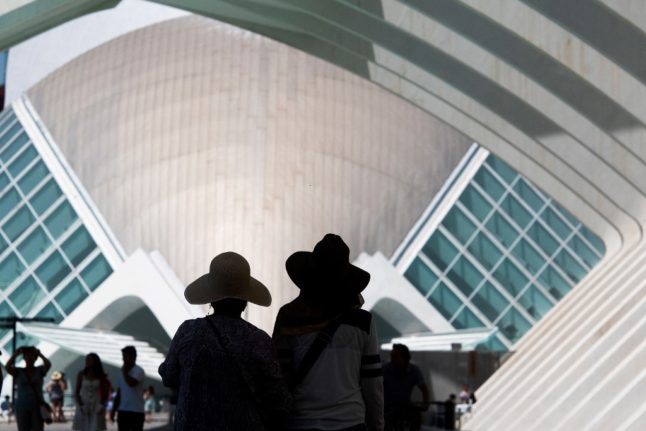
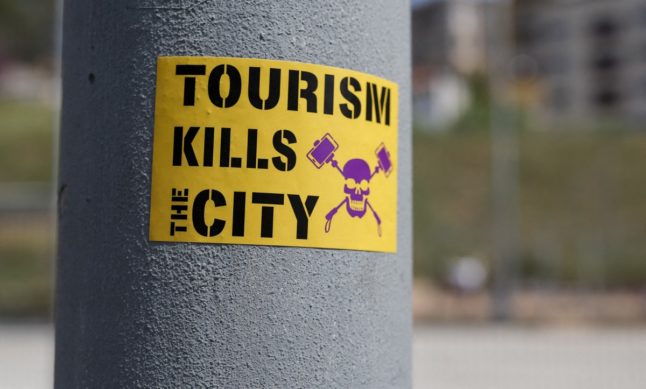
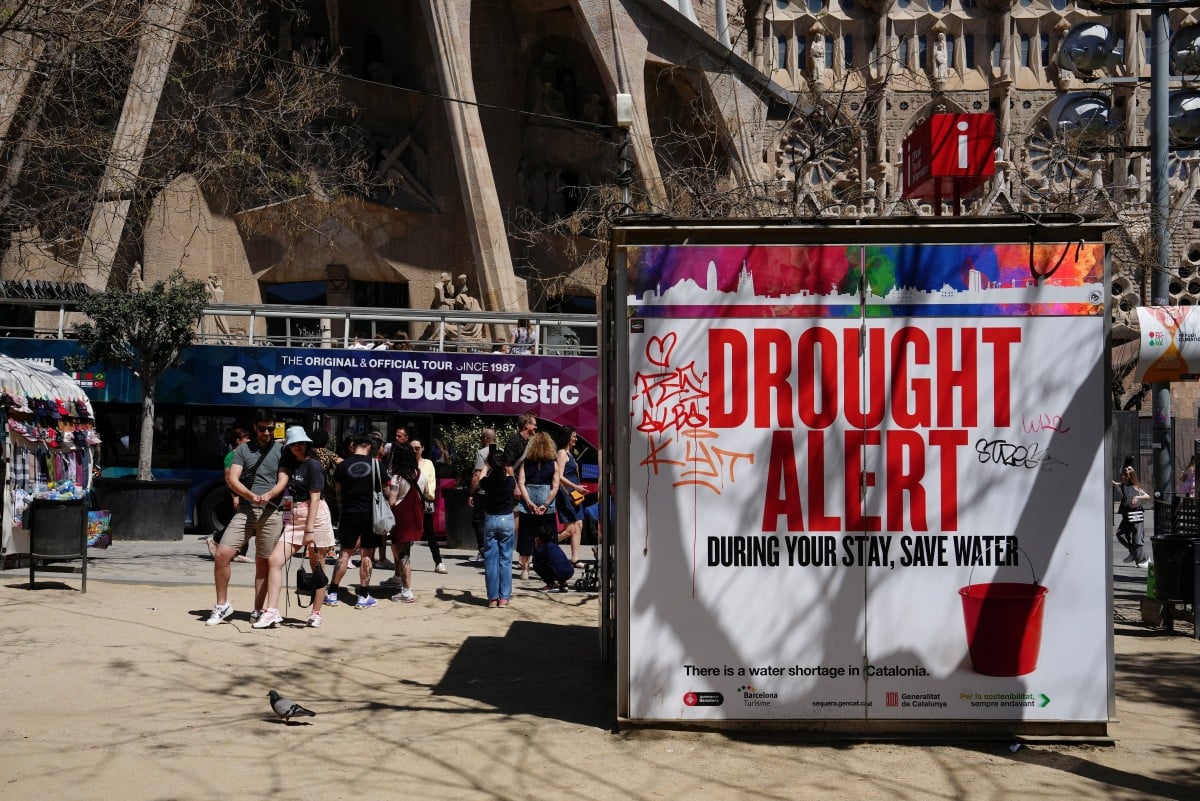
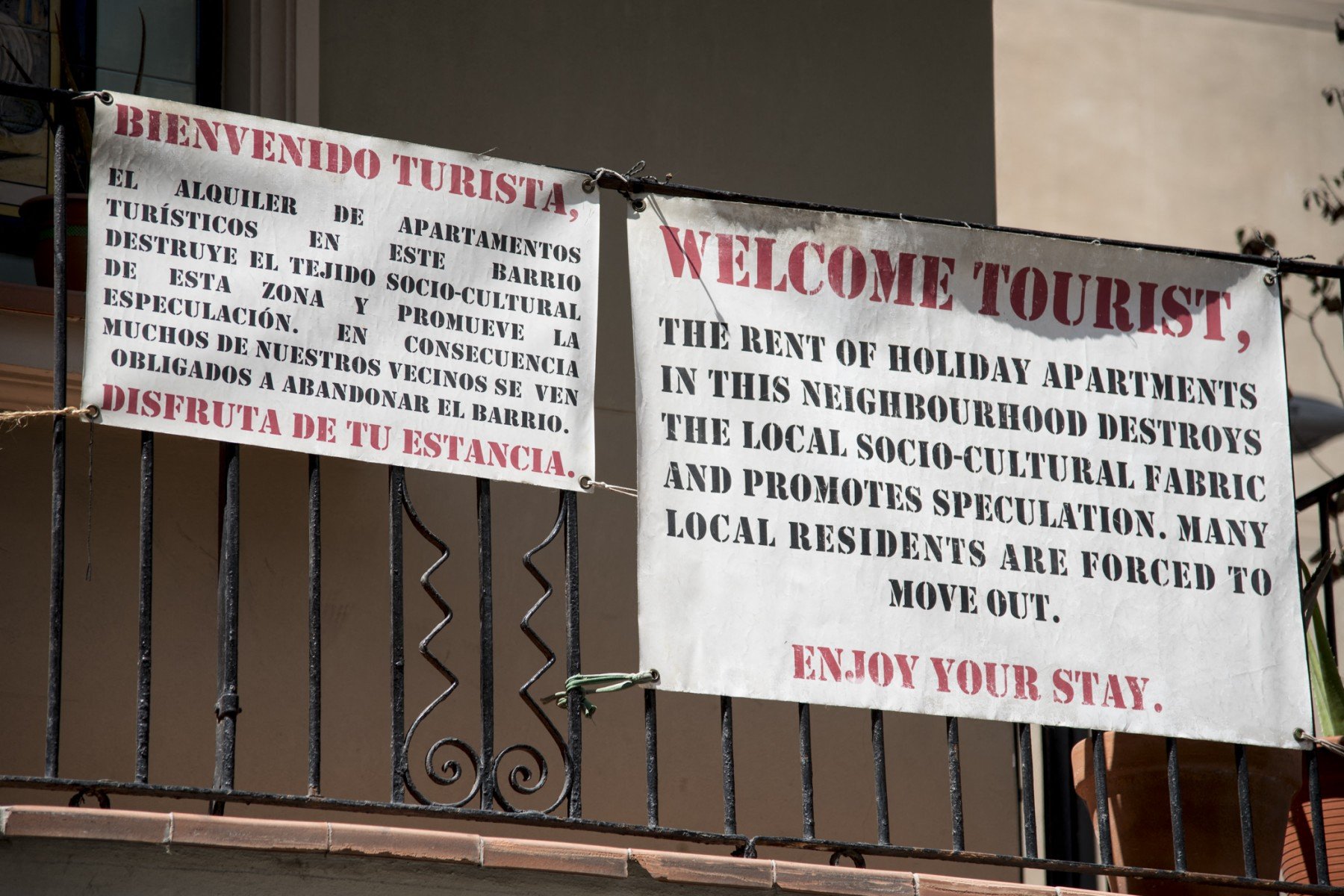
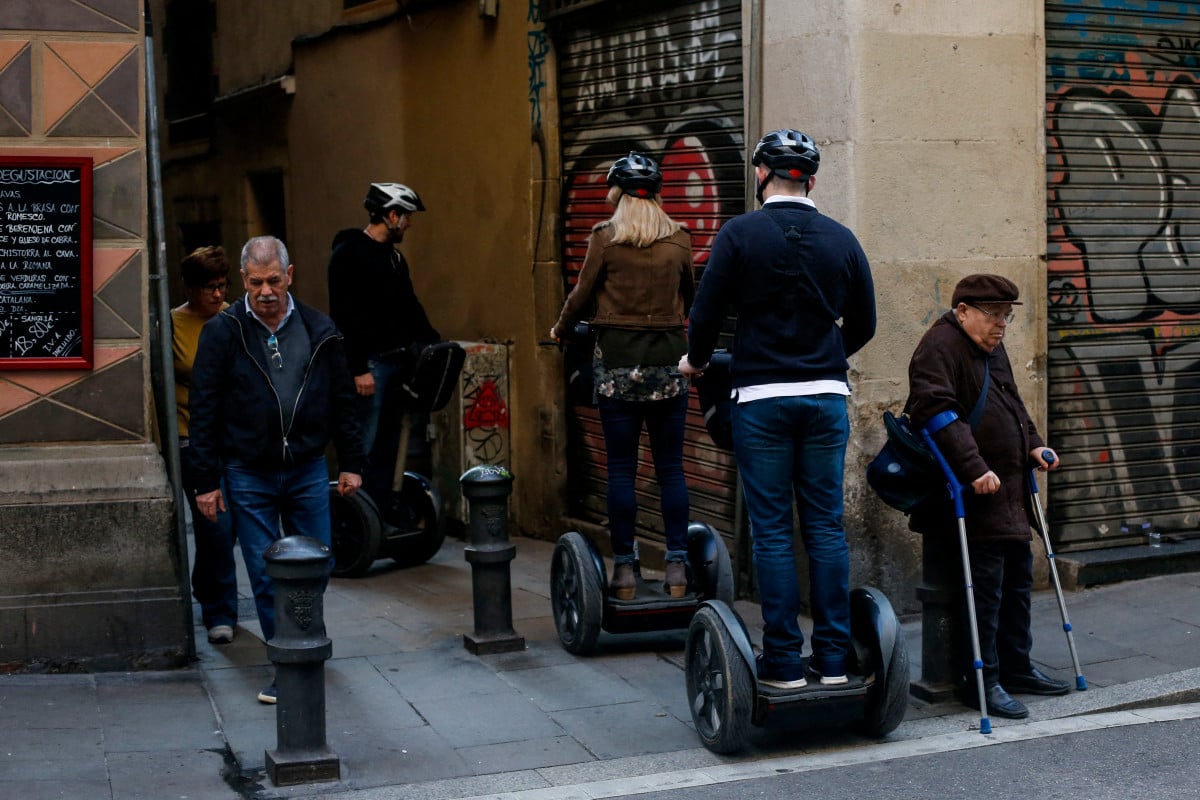
 Please whitelist us to continue reading.
Please whitelist us to continue reading.
If you own a flat or a house in the region (and stay there whilst in Spain),
but have your main residency in another country, would you be considered a ‘tourist’ and have to pay the tourist tax?
What a brilliant concept to attract tourism, the areas largest revenue grab.